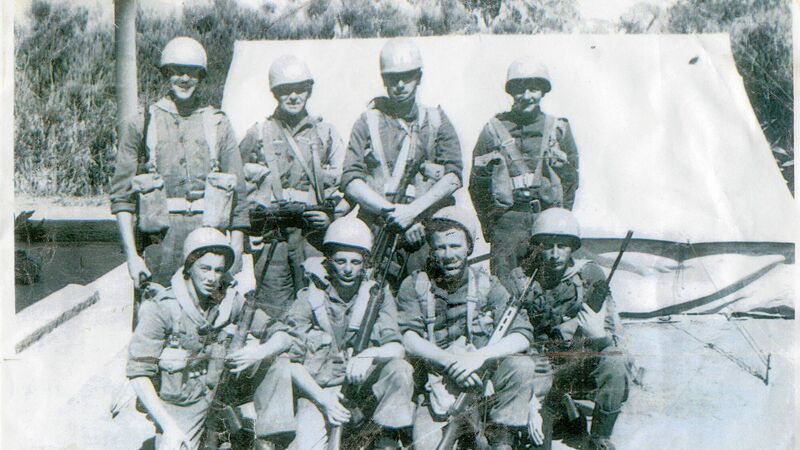Letters to the Editor: Commendation to those who serve

Irish UN soldiers from the Jadotville siege.
From early morning on June 6, I have watched the poignant ceremonies from Normandy, honouring those who died for our freedom on the beaches and on fields of France, 80 years ago.
I wiped away a tear for their bravery, and indeed for the bravery of the the many civilians who died. I marvelled at the heroism of these veterans, and the hundreds of thousands who died for our freedom throughout the five years of slaughter in Europe, while we sat on the fence.








